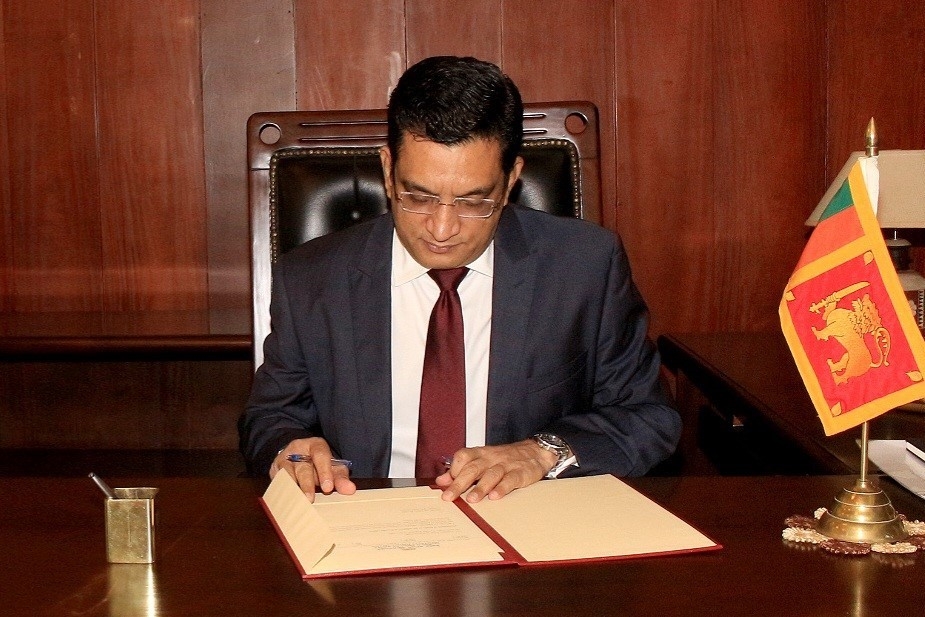UNHRC’s repeated resolutions without resolution

September is the month when the UN Human Rights Council presents its latest Resolution on Sri Lanka. It is reported that the latest version has graduated from violations of human rights and international humanitarian law to include violations of “economic crimes”. Whatever the scope of the Resolution, the dogged fact remains that every sovereign country is compelled to function within the provisions of its own Constitution, because it is the fundamental law as recognized by the Vienna Convention; a fact unequivocally stated by the President and Foreign Minister of this Government, and repeated earlier by previous governments. This fundamental fact was the rationale for rejecting the former co-sponsored Resolution UNHRC 30/1. Therefore, if the UNHRC is serious about its Resolutions, it has to start with Sri Lanka’s Constitution. Incorporating provisions in Resolutions beyond the provisions of the Constitution become a meaningless and distracting exercise for all concerned, without Resolution.
Chapter III of the Constitution of Sri Lanka is titled “Fundamental Rights”. Under Fundamental Rights, there are NO provisions that address “violations of human rights and violations of international humanitarian law”, nor is there any provision for “economic crimes”. The only provision that is of relevance is under Article 13, and in particular 13 (6) on Fundamental Rights.
This Article 13 (1) states: “No person shall be held guilty of an offence on account of any act or omission which did not, at the time of such act or omission constitute such an offence, and no penalty shall be imposed for any offence more severe than the penalty in force at the time such offence was committed”.
If a person is “guilty of an offence”, the punishment for such an offence should be as contained in Sri Lanka’s Penal Code.
